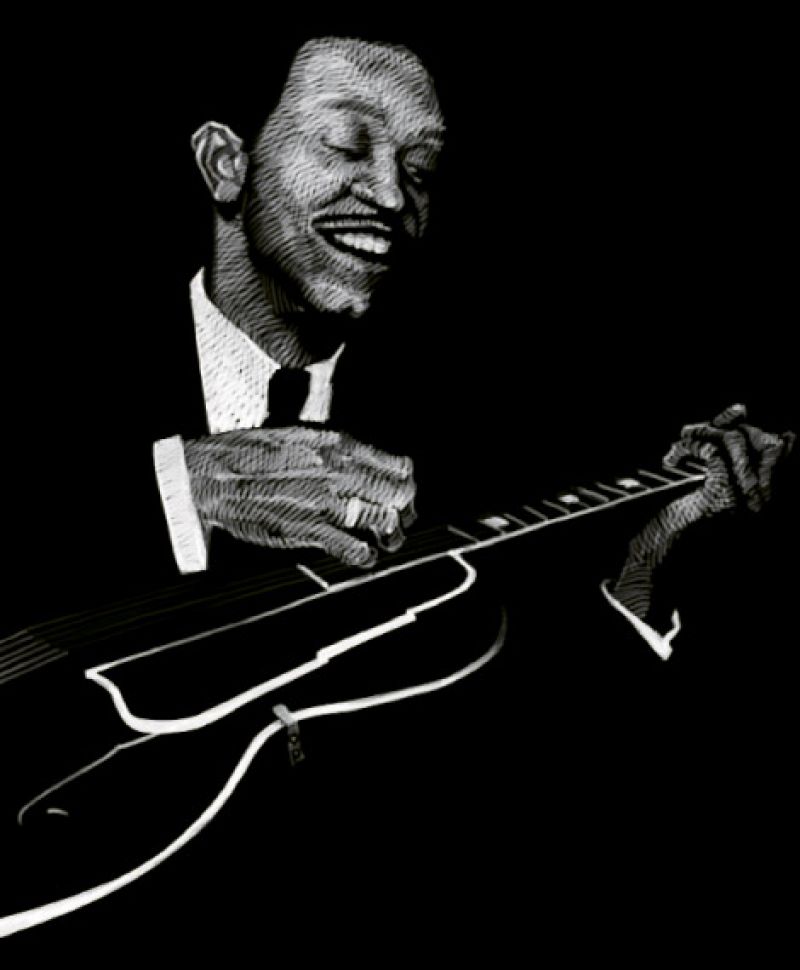
What I love about Charleston is, well, Charleston. I have never not loved the place. Oh, I’ve had all kinds of reasons to dislike this little jewel of the Atlantic Coastal Plain. But even when I’ve tried, I couldn’t stay angry. Even when I was living in another town long enough to call it home, I never disconnected from my city by the sea.
This charmed place is at the core of my being. My noble ancestors entered this part of the world through the Charleston Harbor in chains, helping to make the city that made me in spite of their bonds. I was born downtown, in the heart of what is now the historic district. Its culture and climate are who I am. I’ve walked this storied ground for more than six decades now, and I am still finding out more and more about Charleston—hence, more about myself.
What I love about Charleston is its 340-year-old evolution and my place in that remarkable story. Sure, I love its light, its cuisine (yes Lord!), its spirituality, and its physical beauty. But I can’t pick just one of these. Having been born and raised here and having lived here most of my life, I can’t escape the whole—and I don’t want to. I bask in it, revel in it.
I love being marsh, being okra soup, being azaleas, and being jazz. Especially jazz. This music is an American cultural product with deep roots in Charleston. I am enamored of Charleston jazz, from its antecedents to its diverse presence now. Like Charleston, jazz is at the cultural nexus of Africa and Europe. They both comprise protocol and improvisation. That’s how I try to live, operating on a set of principles and creating new methods at the same time. Certain things are immutable. But those things—physical, mental, and spiritual—can be accepted as reality, then improvised on, creating something different and better.
I can’t not love the nurturing I got from people and social institutions while growing up here. I was nourished on multiple levels. My mother’s lima beans and rice (the local equivalent to New Orleans’ red beans and rice). Worshiping at Emanuel AME Church on Calhoun Street, learning how to reconcile Christian principles with fighting against the odds. Being taught academics and music in the tradition of Charleston’s Avery Normal Institute, a post-Civil War school for freed Africans, and the Jenkins Orphanage, an 1891 institution that taught music and produced important jazz musicians.
When I think of the tides changing, I think of Charleston guitarist Freddie Green’s riffs and licks. When I’m consuming the comfort of hoppin’ John, I think of those ladies at Emanuel praying with my sainted mother (a pure Charlestonian) for me. When I hear the power and majesty of the Count Basie Orchestra (in which Freddie Green played), I think of the sight of the Charleston skyline rising onto the horizon as you cruise the harbor on a boat. When I hear bebop jazz, I think of the sing-song lilt of the Gullah language.
I’m blessed being from Charleston.
God bless Charleston.